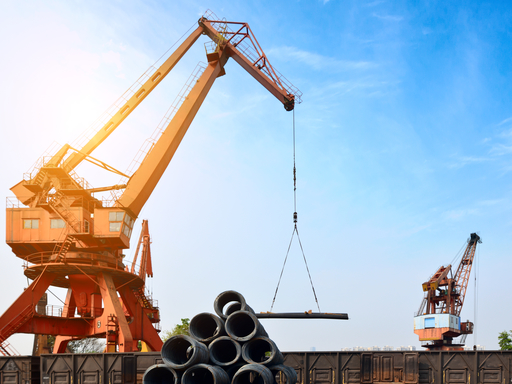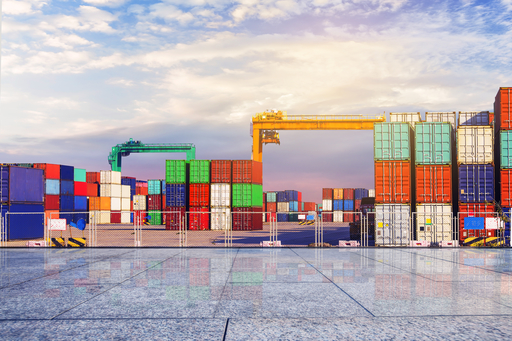What is Blockchain Technology?
The use of Blockchain Technology became mainstream with the emergence of Bitcoin, followed by several other cryptocurrencies. The blockchain is the framework behind Bitcoin that records transactions securely and transparently. Transactions are tamper-proof due to the decentralized nature of the Blockchain. To add a new transaction to the digital ledger, a consensus must be reached among the nodes in the system. Bitcoin uses the Proof of Work (PoW) consensus protocol to validate transactions. Ethereum uses the Proof of Stake (PoS) consensus protocol. The next generation of Blockchain Technology will use the Proof of Involvement and Integrity (PII) consensus protocol to ensure tamper-proof transactions.While Bitcoin and Blockchain are often referred to in the same context, Blockchain Technology has applications well beyond cryptocurrencies. The Blockchain has practical applications in accounting systems, healthcare management, the financial services industry, identity management, and supply chain management. For example, in accounting, the Blockchain is being used to track inventory and automatically record transactions. The Blockchain improves accuracy and promotes accountability since the ledger is distributed and must be validated amongst all the companies involved in the transaction.
What is Supply Chain Management?
The goal of Supply Chain Management is to optimize the flow of goods from the supplier to the retailer by ensuring quality, quantity and the timeliness of delivery. Supply Chain Managers face several challenges because each company in the supply chain has its values and motives. For example, if a retailer specializes in Gluten-free products, the retailer must ensure that their product never comes in contact with Gluten contaminants throughout the entire supply chain. Carelessness on the part of a supplier could result in the retailer being held legally liable for the contamination. While the Gluten-free retailer values Gluten-free products, the supplier may not share the same principles.Managing a global supply chain involving overcoming challenges such as new governmental regulations, changes in consumer demand, shortages and theft. Tariffs or economic sanctions can hinder trade with foreign companies, slow down the shipment of goods, and increase prices. The number of goods demanded may decrease as a result of increased costs or simply because of a change in preference. For example, the majority of consumers now prefer ethically-sourced products. Supply chain fraud occurs when goods are counterfeited or stolen. Fraud can occur at any point along the supply chain, making it difficult to track the sources of the fraud. Fortunately, Blockchain technology may be able to solve some of these modern-day supply chain challenges.
How Can Blockchain Improve Supply Chains?
Permanently Record Transactions – When compared to traditional, centralized systems, Blockchain is unique because of its ability to record verified transactions from several different nodes in a system. When company X receives an order from company Y, the Blockchain automatically invoices company X less any damaged goods. When company X pays the invoice, the transaction is recorded on a block. The entire accounting system is automated, and financial statements are produced mechanically. Both investors and stakeholders trust the accuracy of the financial statements because of the increased transparency.Track Production & Shipments – As goods move through the supply chain, it is essential for businesses at all levels of the supply chain to know where products are in real time. They also need to know the current stage of production and their precise date of arrival. The “blockchain supply chain” allows for greater product traceability, enabling businesses to optimize production. Shortages or late shipments can be seen well in advance and can be corrected or compensated accordingly.Fast-Track Goods Through Customs – Custom Enforcement Officers need to ensure that the proper tariffs have been paid and prevent illegal goods from entering the country. Traditionally, the customs process involves extensive paperwork and thorough inspections. Blockchain Technology effectively fast-tracks the customs inspection process by providing the government with an immutable record of contents, and proof that the parties have paid the appropriate tariffs.Verifying Product Source – Both customs and consumers want to verify the source of a product. Customs Enforcement Officers wish to prevent potentially harmful products (such as exotic plants) from entering the country while consumers are concerned with how the products are sourced. For example, the majority of consumers are concerned with the way chickens are being raised and will only buy cage-free eggs.Reduce Fraud & Counterfeit – As a result of greater product traceability, Blockchain Technology will reduce supply chain fraud. From precise tracking to blockchain-based locks, increased transparency will build a system of accountability. Companies will be able to pinpoint precisely who had access to it and who tampered with it.
NeuroChain, let’s build a better world!
Photo credits: freepikFollow us on Telegram, Facebook, Twitter, and YouTube. If you have any questions, feel free to get in touch with NeuroChain Team, and we will answer you as soon as possible!
